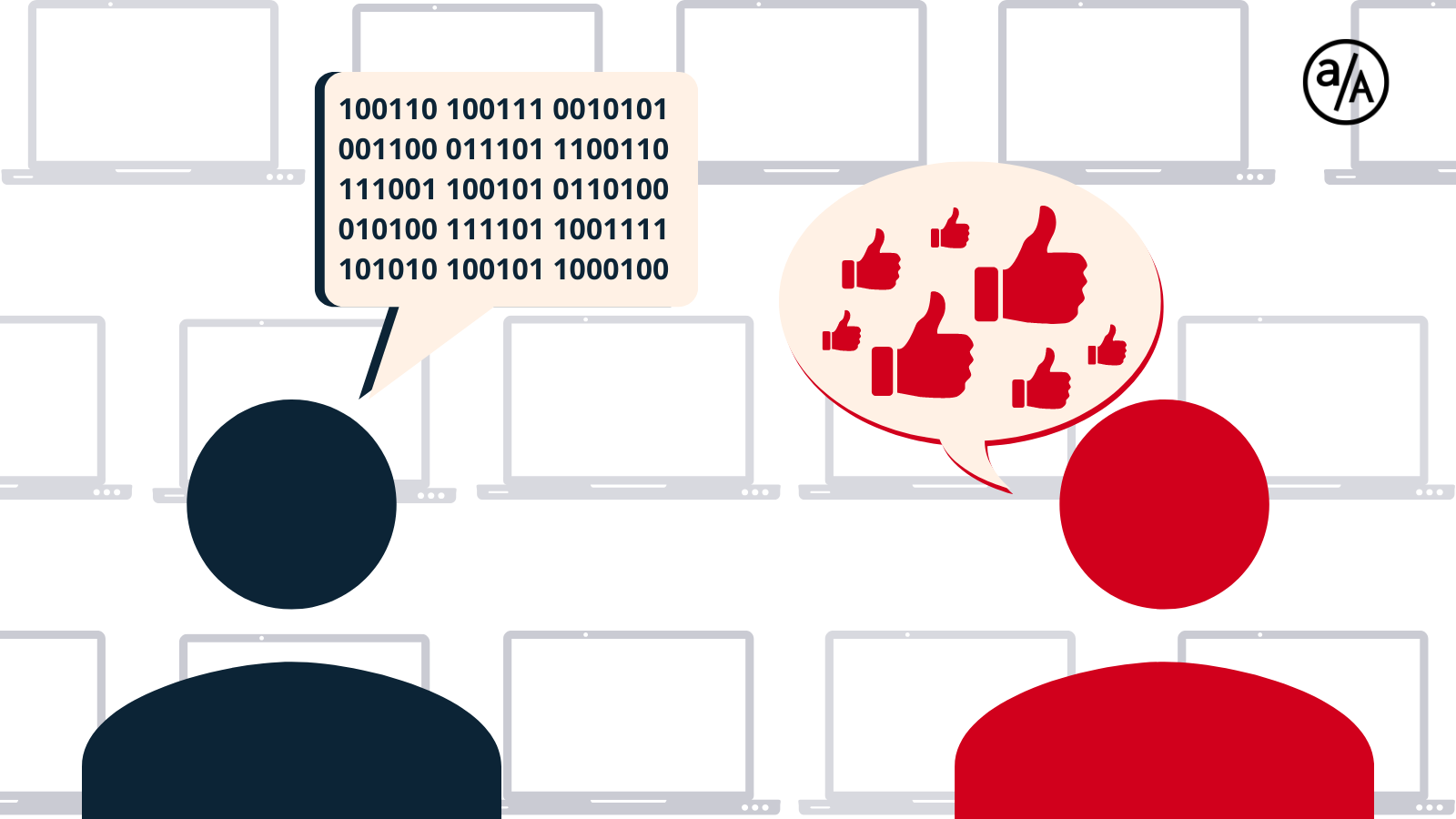If you’ve ever interviewed for a job before, you know the procedure. You’ve applied, they’ve responded positively, and now there’s a set date and time for you and your potential employer to discuss the job and your qualifications.
But if you’ve never interviewed before, or if you’re interviewing for the first time in a different industry, you might be wondering what exactly to expect. And when it comes to fields like software engineering, it might be all the more important to be prepared.
If you’re just setting out on your job hunt in the tech field, you’re likely to come up against a coding interview at some point. We created this comprehensive guide on how to prepare for a coding interview and what you should do before, during, and after the interview.

What is a coding interview?
Coding job interviews are not much different than any other interview, except that you’re expected to show off your technical skills. When it comes to software engineering jobs, a coding interview is an expected step in the hiring process at most tech companies, especially the ones collectively known as FAANG.
They are, however, slightly more complicated than the simple question-and-answer format. In most cases, you’ll be expected to solve a coding problem in real time or submit your work to your interviewer for review.
Components of a Coding Job Interview
The Behavioral Interview
While the technical skills are largely weighted during technical coding interviews, hiring managers are also looking a little deeper. They’re interested in your problem-solving skills, speaking abilities, critical thinking methods, and generally what kind of a person you are.
These soft skills speak volumes about how you’ll perform as an employee, beyond simply doing the technical tasks put before you. Remember, every company you interview with is a living, breathing system. Interviewers want to make sure you’re not only technically brilliant but will fit in with the company’s culture overall.
Most companies have a similar process they follow for job interviews. You may meet with a hiring manager first so they can give you an overview of the job responsibilities and company culture, and so you can let your personality shine. This is sometimes known as a behavioral interview” or “screening” so that you and the company’s representative can see if you’re compatible. Remember: you’re interviewing the company as much as they’re interviewing you. We want you to find a great job at a company that works with your needs




